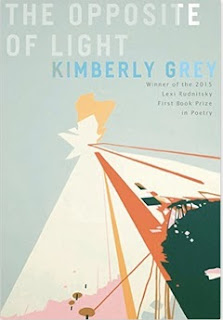Another book title
What I like here is the ancillary relation between
tool and
war. That is to say, putting
tool and
weapon into parallel structures with conventional opposites
war and
peace means that we treat them as opposites as well, when otherwise they're in a hyponym relation. That is to say, logically/usually
weapon is a type of
tool not an opposite to it. If I
that-is-to-say enough, I eventually get to English.
Or, another way to think of it is that maybe
tool has two senses, one which is a hyponym of the other. One means 'instrument used to commit some act' and the other means 'instrument used to build things' or something like that. In that case it's the second meaning that it opposite to
weapon.
I'd vote against two senses, and say that we interpret whether
tool is a positive or negative thing according to context. Does it lean toward positive connotations? Well, when I look at the nouns that occur after
tool of, they're telling me that
tool does not have positive vibes. These are from the
Corpus of Contemporary American English:
There are just as many
tool of war and
tool of oppression as there are
tool of diplomacy and
tool of empowerment. So,
tool doesn't seem to have strongly negative or positive associations. But it seems positive when it's put with
peace and opposed to
weapon in the book title.
As long as I'm writing about positive/negative associations, I'll just mention something else I saw today. I can't remember what it was advertising (something local), but it said something like
We put the taste in tasty. And that made me think how different a slogan
we put the smell in smelly would be. (It's likely that
smelly is interpreted negatively and
tasty positively because we use smell to select the things we'll taste. So we tend to experience good tastes because the bad ones have already been weeded out at the smell stage.)
(Thanks to Jesse Sheidlower for retweeting the above tweet.)




















































